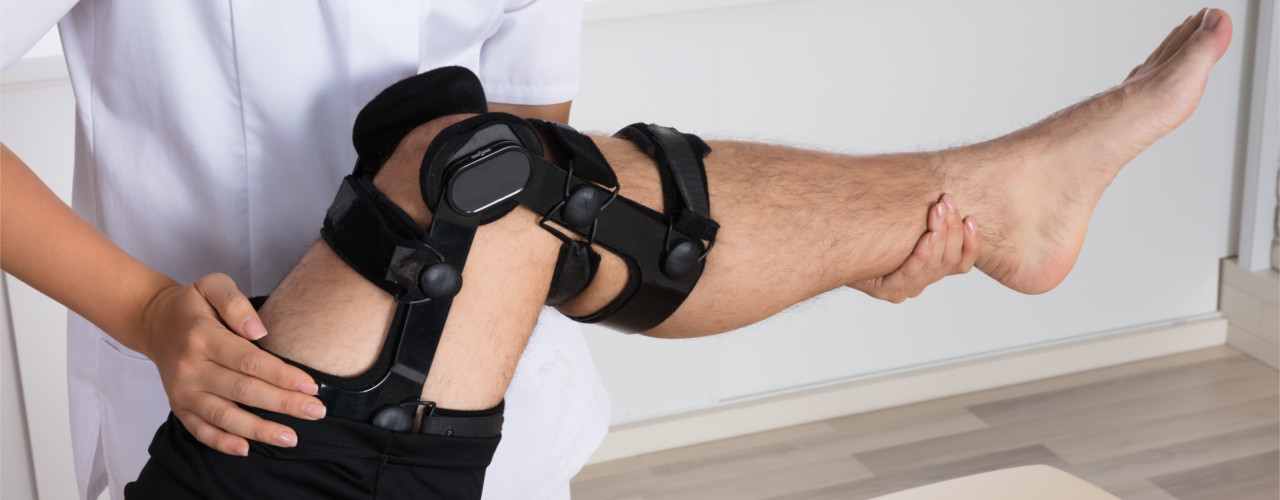Got An Operation Coming Up? Plan For Recovery With PT
Do you have an operation or surgery coming up?
It doesn’t matter what your operation is for, we know one thing without even asking: you want to make sure you’re recovering as fast as possible! After all, who wouldn’t?
Surgeries are quite stressful events, and most individuals who go through them are out of commission for a few weeks following. It’s normal to question how long you’ll be unable to work, participate in your favorite sports, or live independently.
If you have a treatment coming up and are not feeling prepared for it, it’s natural to be nervous and worry how simple it will be to recover.
Fortunately, knowing that you have a post-surgical rehabilitation regimen might help alleviate some of the tension! Call (443) 360-5527 today to schedule an appointment with one of our Pikesville therapists at MD Neuro-Rehab & Wellness Center.
They’re all trained specialists who know how to properly evaluate a variety of pain conditions and create a great post-op recovery plan so you can get back to your life faster!
Why should I choose physical therapy over opioids?
Perhaps one of the most vital reasons for choosing post-surgical physical therapy is the potential to help minimize or remove the need for prescription pain relievers, including opioids.
An opioid epidemic currently has American in its grasp, and is impacting every socioeconomic class. For this reason, the CDC advises people to choose physical therapy over prescription painkillers whenever possible. Their website states that an estimated 115 people every day die from an opioid overdose, and upwards of 29% of people, prescribed opioids will end up misusing these dangerous drugs.
Positive postoperative results are dependent on pre- and post-operative preparation and healing. Any sort of surgery can be considered a sort of trauma and can have a wide range of repercussions on the body.
Even tiny, simple surgical procedures can have a huge influence on your health. As a result, post-operative rehabilitation is essential to ensuring that everything goes smoothly after the treatment.
Individualized post-operative therapy with a physical therapist helps reduce the likelihood of postoperative problems such as infections, bleeding, blood clots, muscular weakness, scar tissue, decreased function, and other variables that might impair your long-term health.
Common surgical procedures physical therapy can help you recover from
When conservative treatment options for an injury or health condition fail to provide effective relief, many physicians will recommend surgical correction.
Some common conditions that may lead to surgery include, but are not limited to:
- Full or partial knee replacements
- Heart surgery – ablations, stent placements, cardiac pacemakers, etc
- Rotator cuff tears
- ACL, MCL, and/or meniscus repairs
- Total hip replacements
These treatments have a significant influence on your body, which should not be disregarded. Many operations run the risk of causing extreme discomfort, irritation, movement restrictions, and inflammation.
Depending on the intensity of your operation, you will most likely have to retrain your body on how to walk and prepare to assist your tissues in recovering and avoiding persistent dysfunction.
Following your treatment, our (local) physical therapists will teach you the proper and safest manner to do daily chores like getting out of bed and dressing.
Your surgeon will also outline these instructions which may include hip precautions, sternal precautions, spine precautions, not putting weight on your limb, etc.
Benefits of physical therapy after surgery
Even after post-surgical rehabilitation procedures are over, our physical therapists are dedicated to ensuring that you live a healthy life and are able to continue with your everyday routine the way you want to.
Our Pikesville physical therapists will build a recovery plan that includes tailored stretches and exercises in order to help you heal and get back to your usual everyday life. MD Neuro-Rehab & Wellness Center will help you get to your optimum levels of function after surgery.
While your doctor may prescribe pain medicines, physical therapy has been demonstrated to lessen discomfort and the need for long-term medication use.
Pain medicines just hide the sensation of pain, but physical therapy addresses the root cause of the problem. A physical therapist will assist you in healing via the use of specialized treatments, therapies, and modalities such as ultrasound, joint mobilization, laser therapy, electrical stimulation, and home exercise devices.
In the days and weeks following surgery, physical limits may arise. You’ll probably find that you cannot reach up high without experiencing pain, or lift items. In some cases, you may even have trouble dressing yourself. These are typical side effects of intensive surgery, and in most cases they’re reversible as well.
Our physical therapist will demonstrate ways you overcome these constraints, such as going up and down stairs, putting on clothing, or getting in and out of a car.
This is achievable in many cases thanks to the use of assistive technology. By making these changes, you will be able to move around more effortlessly while still aiming to regain your normal range of motion in your body.
Part of your rehabilitation plan will also include instruction on any lifestyle and/or nutritional modifications you may have made to enhance your long-term well-being, prevent damage, and eliminate the need for more surgery in the future.
Post-operative physical therapy can have you feeling better in no time
Set up your post-operative rehabilitation plan as soon as possible. Make an appointment now if you’re planning on having surgery soon so we can help you get ahead of the game!
We’ll provide you with everything you need to resume your life as swiftly and simply as possible!



